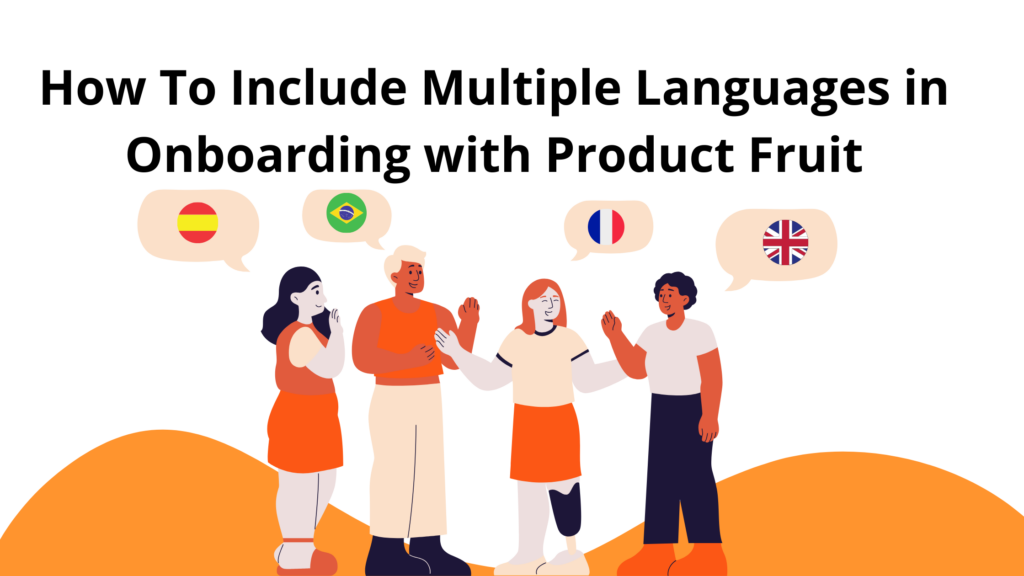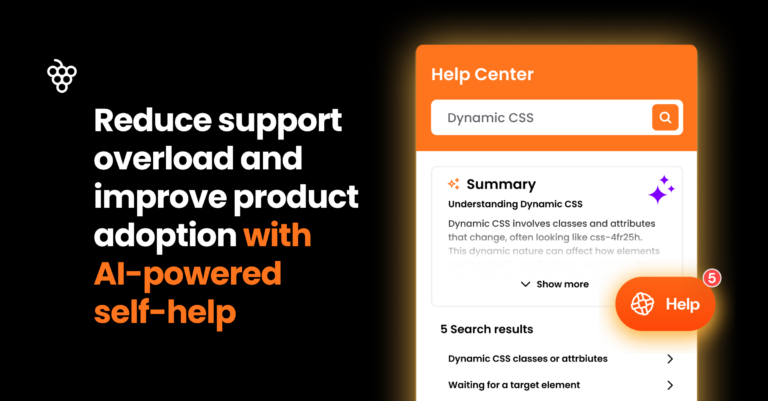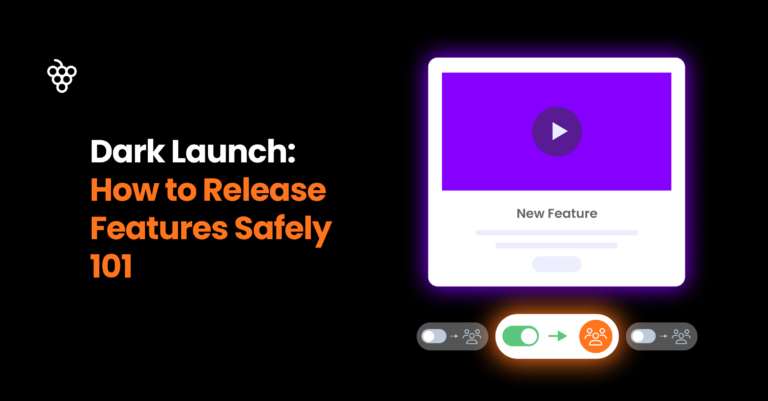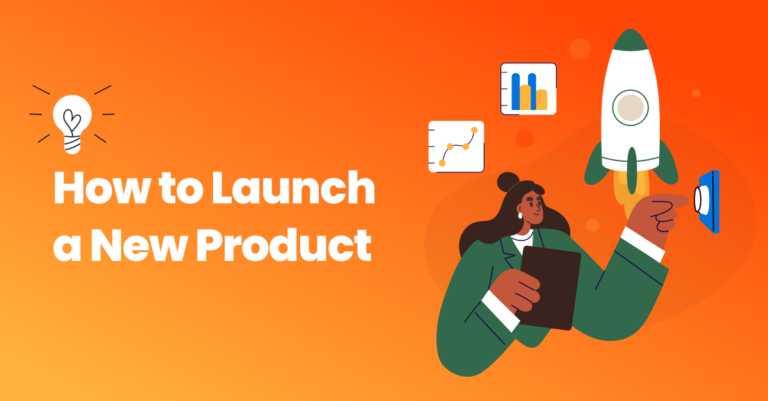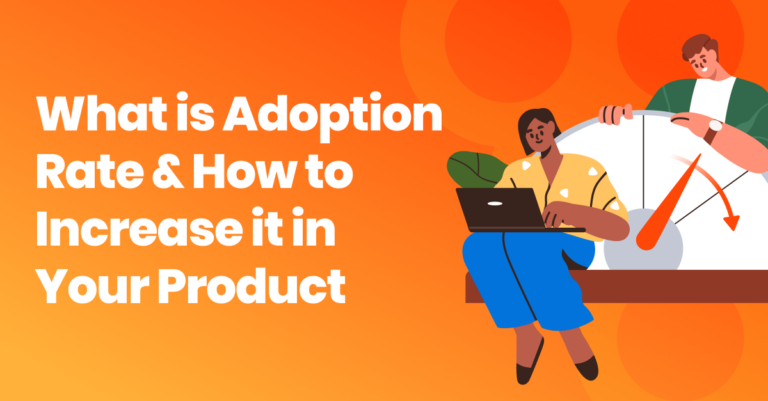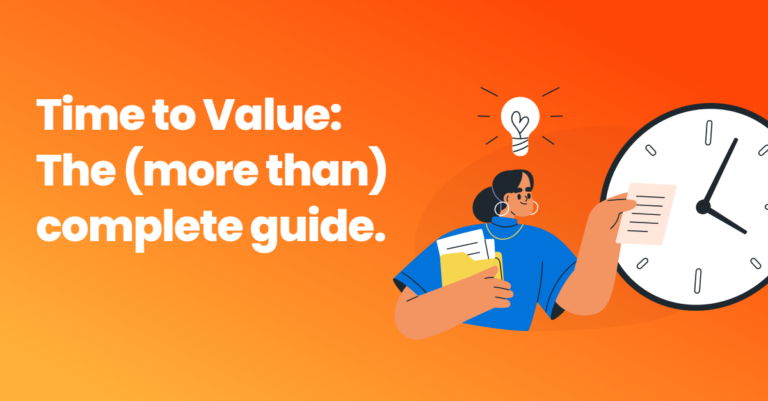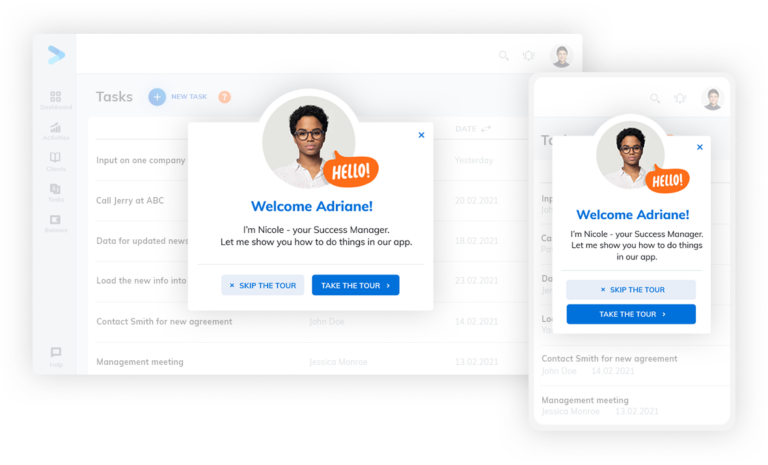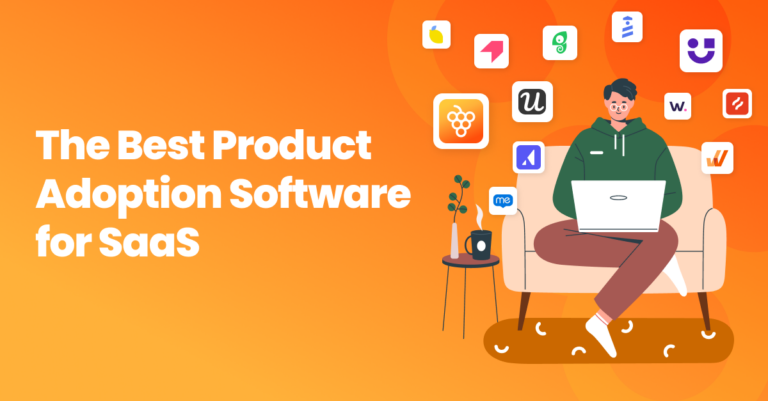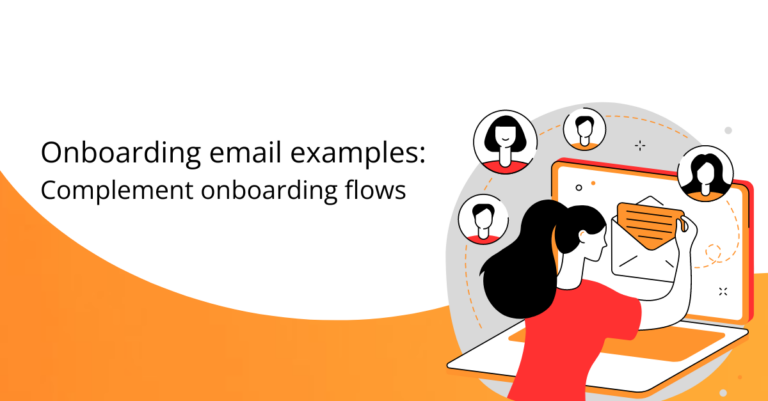If your app has multiple language versions, you need to make sure to select you a user onboarding platform that supports localized content.
With Product Fruits, managing different language mutations is very simple.
Here’s how to do it.

Let’s assume your app’s primary language is German and you also have an English version.
- Start by adding German in your workspace settings and set it to default.

Now, you’ll see a language drop down in many places throughout your Product Fruits administration.

2. Next, set up your onboarding content in each of the languages. That means writing copy for hints, tours, and help centers in different languages.
3. Once ready, you’ll define which language the onboarding content is shown in in your application. You can so this by specifying it in the initialization snippet of our JS code.

You probably want to do this programmatically, sending us the proper language code based on which language the user currently has your appliaction loaded in.
It’s also possible to destroy the Product Fruits instance and reinitialize it if the user switches languages in your application.
💡 We also have the ability to export tour and hint content to excel files, which allows you to easily download the content in one language, translate it to another and then upload it back to Product Fruits.

